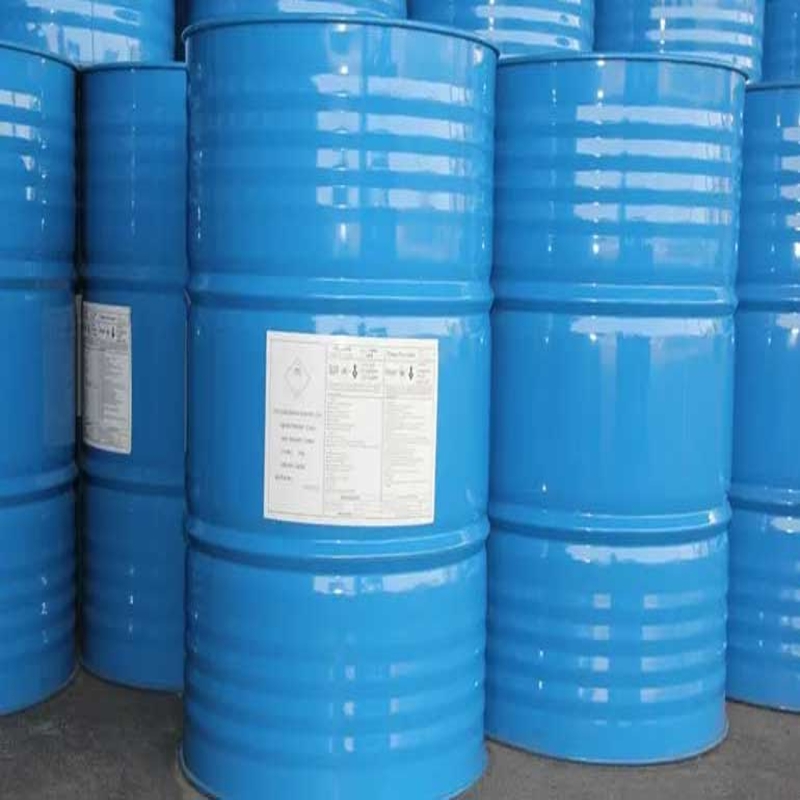-
Categories
-
Pharmaceutical Intermediates
-
Active Pharmaceutical Ingredients
-
Food Additives
- Industrial Coatings
- Agrochemicals
- Dyes and Pigments
- Surfactant
- Flavors and Fragrances
- Chemical Reagents
- Catalyst and Auxiliary
- Natural Products
- Inorganic Chemistry
-
Organic Chemistry
-
Biochemical Engineering
- Analytical Chemistry
-
Cosmetic Ingredient
- Water Treatment Chemical
-
Pharmaceutical Intermediates
Promotion
ECHEMI Mall
Wholesale
Weekly Price
Exhibition
News
-
Trade Service
Currently, one of the biggest headaches for smart devices is that the battery life is not long
enough.
Now Apple is trying to change that: it is working on new batteries, and PCs, mobile devices and wearables are expected to last longer
on a single charge.
In current batteries, lithium ions move from the cathode to the anode when charging; When discharging, lithium ions move from the anode to the cathode and use battery-powered equipment, and the electrolyte brings "convenience"
to the movement of charged lithium ions.
Current lithium-ion batteries have reached their limits in terms of energy storage capacity and are considered unsafe
.
Much progress has been made in battery research over the past 10 years, with scientists developing new batteries
with higher energy storage capacity and greater safety.
According to job postings released by Apple in the past 2 months, it is researching new battery technologies and considering improving existing lithium-ion battery designs
.
Apple is hiring materials scientists to evaluate and test
new battery materials beyond lithium-ion batteries.
Apple is also hiring scientists working on electrodes and electrolytes, indicating that it is researching new technologies
in the field of cathodes, anodes and electrolytes.
Apple seems to be interested in using ceramics as an electrolyte
.
Laboratory studies have shown that ceramic electrolytes can improve battery charging speed and battery safety
.
One position indicated that Apple was considering retrofitting current lithium-ion batteries
with new materials.
The researchers focused on improving the electrolyte, which could help speed up charging and make the battery less likely to catch fire and burn
.
Apple is also hiring people
who can turn new battery technology into commodities.
For university researchers, turning emerging battery technologies into commodities is a challenge
.
Some new batteries, such as silver-zinc batteries, did not succeed because the cost was too high, and lithium-ion batteries were relatively cheap to produce, but Apple could reduce the cost
of new batteries by mass production.
It is understood that Apple has obtained a solid-state battery patent, and solid-state batteries are considered to be the next important technology
in the field of battery research.
A startup called Prieto Battery, which is also developing solid-state battery technology, will supply batteries in 2017 for devices equipped with Intel chips, which have a different structure and store 5 times the energy of lithium-ion batteries
.
Currently, one of the biggest headaches for smart devices is that the battery life is not long
enough.
Now Apple is trying to change that: it is working on new batteries, and PCs, mobile devices and wearables are expected to last longer
on a single charge.
In current batteries, lithium ions move from the cathode to the anode when charging; When discharging, lithium ions move from the anode to the cathode and use battery-powered equipment, and the electrolyte brings "convenience"
to the movement of charged lithium ions.
Current lithium-ion batteries have reached their limits in terms of energy storage capacity and are considered unsafe
.
Much progress has been made in battery research over the past 10 years, with scientists developing new batteries
with higher energy storage capacity and greater safety.
According to job postings released by Apple in the past 2 months, it is researching new battery technologies and considering improving existing lithium-ion battery designs
.
Apple is hiring materials scientists to evaluate and test
new battery materials beyond lithium-ion batteries.
Apple is also hiring scientists working on electrodes and electrolytes, indicating that it is researching new technologies
in the field of cathodes, anodes and electrolytes.
Apple seems to be interested in using ceramics as an electrolyte
.
Laboratory studies have shown that ceramic electrolytes can improve battery charging speed and battery safety
.
One position indicated that Apple was considering retrofitting current lithium-ion batteries
with new materials.
The researchers focused on improving the electrolyte, which could help speed up charging and make the battery less likely to catch fire and burn
.
Apple is also hiring people
who can turn new battery technology into commodities.
For university researchers, turning emerging battery technologies into commodities is a challenge
.
Some new batteries, such as silver-zinc batteries, did not succeed because the cost was too high, and lithium-ion batteries were relatively cheap to produce, but Apple could reduce the cost
of new batteries by mass production.
It is understood that Apple has obtained a solid-state battery patent, and solid-state batteries are considered to be the next important technology
in the field of battery research.
A startup called Prieto Battery, which is also developing solid-state battery technology, will supply batteries in 2017 for devices equipped with Intel chips, which have a different structure and store 5 times the energy of lithium-ion batteries
.







